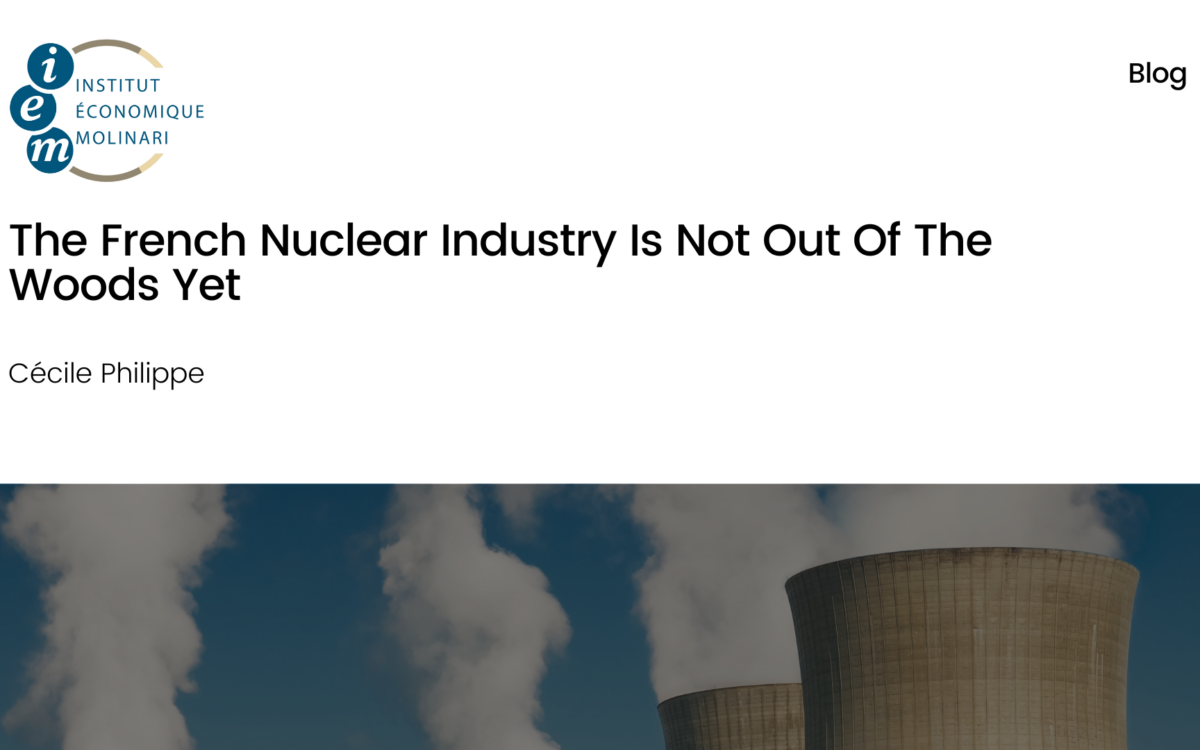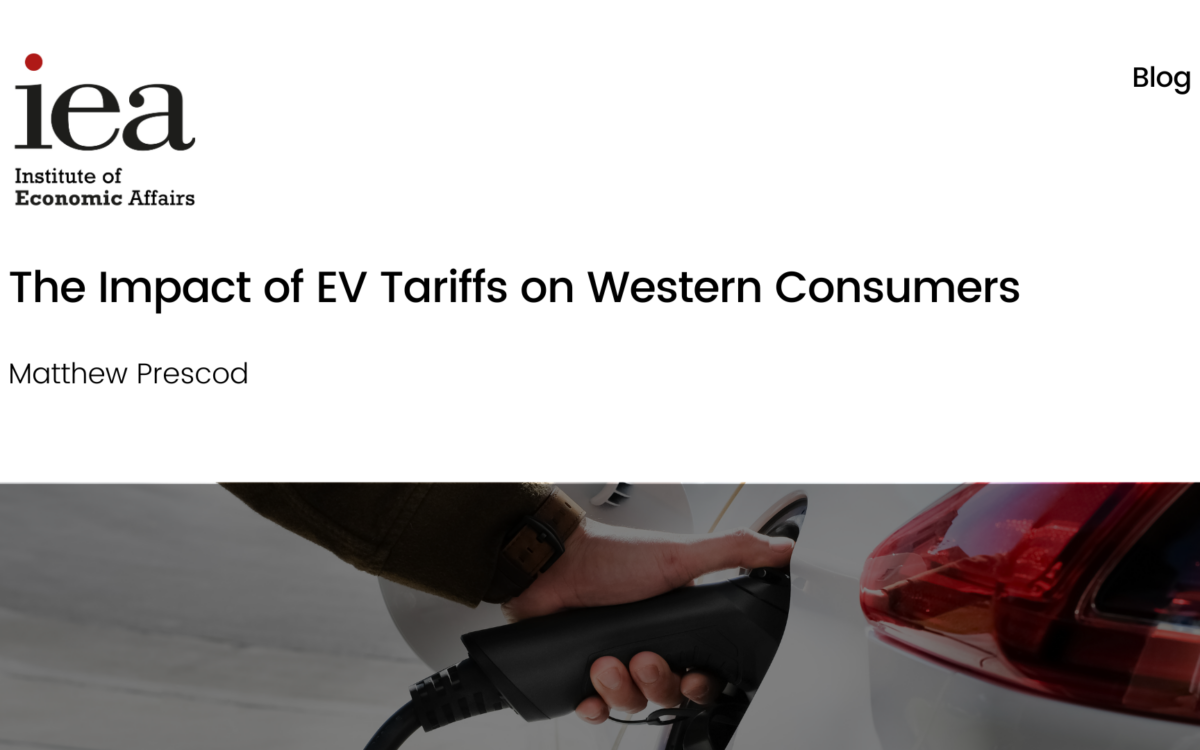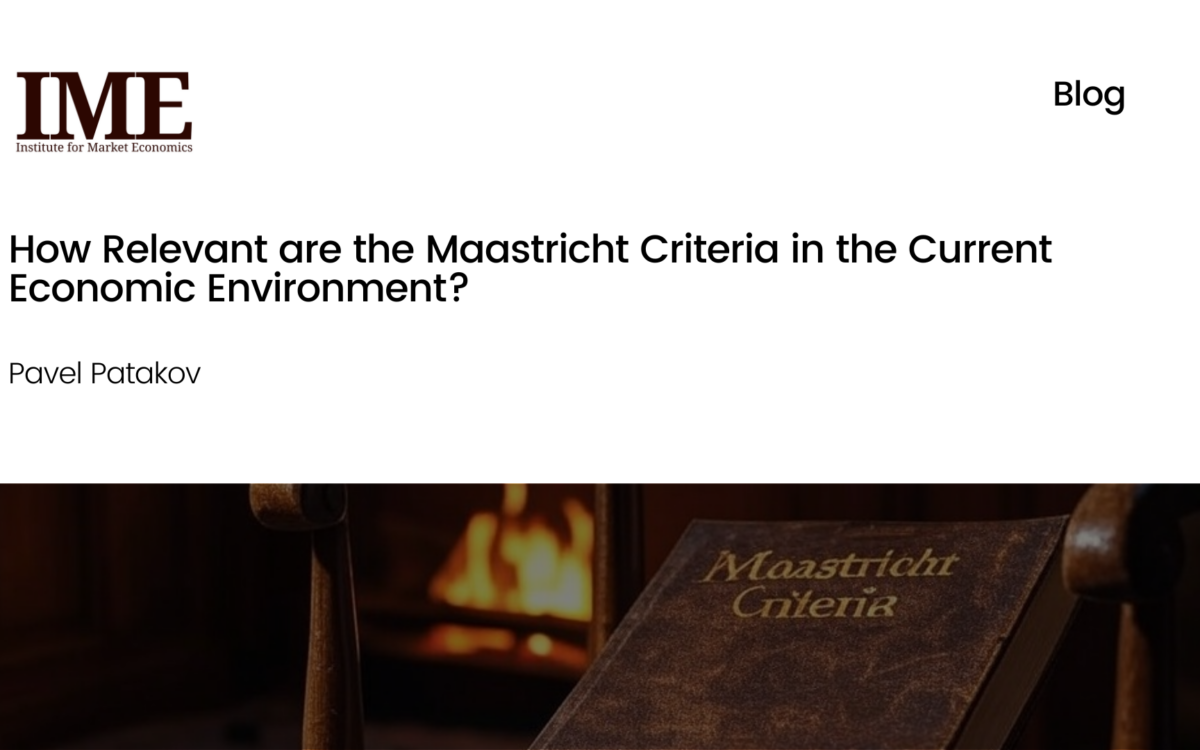Exporting Development Blueprints

Exporting Development Blueprints
Diego Zúniga Aguilera // 21 October 2019
The European Union’s budget for foreign aid for the 2014-2020 period is of €82 billion on. As part of a new humanitarian aid package, €18.5 million will go to Latin American and Caribbean countries. It aims to help communities prepare themselves for natural disasters, address violence and to provide food assistance. These intentions are good; however, we cannot forget results. As Friedman once said, “One of the great mistakes is to judge policies and programs by their intentions rather than their results.” Often, these well-intentioned projects are shadowed by corruption, unincentivised governments and unattended consequences in economic development.
First, foreign aid has shown to be an effective mechanism to keep inefficient governments in power. Developed nations’ taxpayer money in form of foreign aid has fell numerous times in the hands of corrupt leaders. In 2009, Dambisa Moyo argued that after 60 years of foreign aid in Africa, which received $1 trillion for development programs, per capita income was lower than when aid started. Embezzlement of foreign aid funds is not news in developing nations. As a matter of fact, the most corrupt countries are not discriminated against by foreign donors: these countries, which are also the poorest, receive the highest amounts of aid. Surprisingly, lower levels of productivity are also associated with higher levels of corruption and aid.
Second, as James Bovard said, aid cannot be blamed for all mismanagements in the projects it aims to achieve. However, it does “discourage governments from learning from and correcting their mistakes” by constantly providing them with funds. He adds that “giving some Third World governments perpetual assistance is about as humanitarian as giving an alcoholic the key to a brewery”. Additionally, foreign aid can widen the existing gap between governors and governed. It relaxes the budget constraint of the government, delaying the introduction of economic development policies and reforms, but also decreases a government’s incentive to prioritise the investments which enable growth. In other words, non-stop aid creates a safety net for politicians which enables them to sidestep their nation’s priorities.
Finally, foreign aid has had unattended negative consequences for economies. For instance, free US wheat sent to India as part of the foreign aid program Food For Peace sent thousands of Indian farmers into bankruptcy: a recipient country’s farmers and producers will find it difficult to compete against free food. Short term aid after catastrophes helps nations in need to overcome temporary obstacles, but maintaining aid after recovery disrupts the market, as shown by these and many other cases.
Foreign aid scepticism does not mean that countries in emergencies should not be given a hand. If it was not for that, many Latin American countries would have had longer recoveries after disasters, such as after Hurricane Mitch in 1998. However, we should be careful that this does not lead us into thinking that mismanagement or unattended consequences are impossible; as shown it is the rule for innumerous cases.
Reinforcing corrupt officials in developing countries is certainly not the end-goal of foreign aid. Solidarity towards those in need is a good starting point, but we should be careful that aid does not actually obstruct a recipient’s flourishing. This means that more attention should be put to the allocation and monitoring of the funds, but more importantly a donor country’s policy makers should try to export the useful blueprints for economic and social development, such as free markets and the rule of law, which would promote a better institutional environment which can also enhance development from the inside.
EPICENTER publications and contributions from our member think tanks are designed to promote the discussion of economic issues and the role of markets in solving economic and social problems. As with all EPICENTER publications, the views expressed here are those of the author and not EPICENTER or its member think tanks (which have no corporate view).



